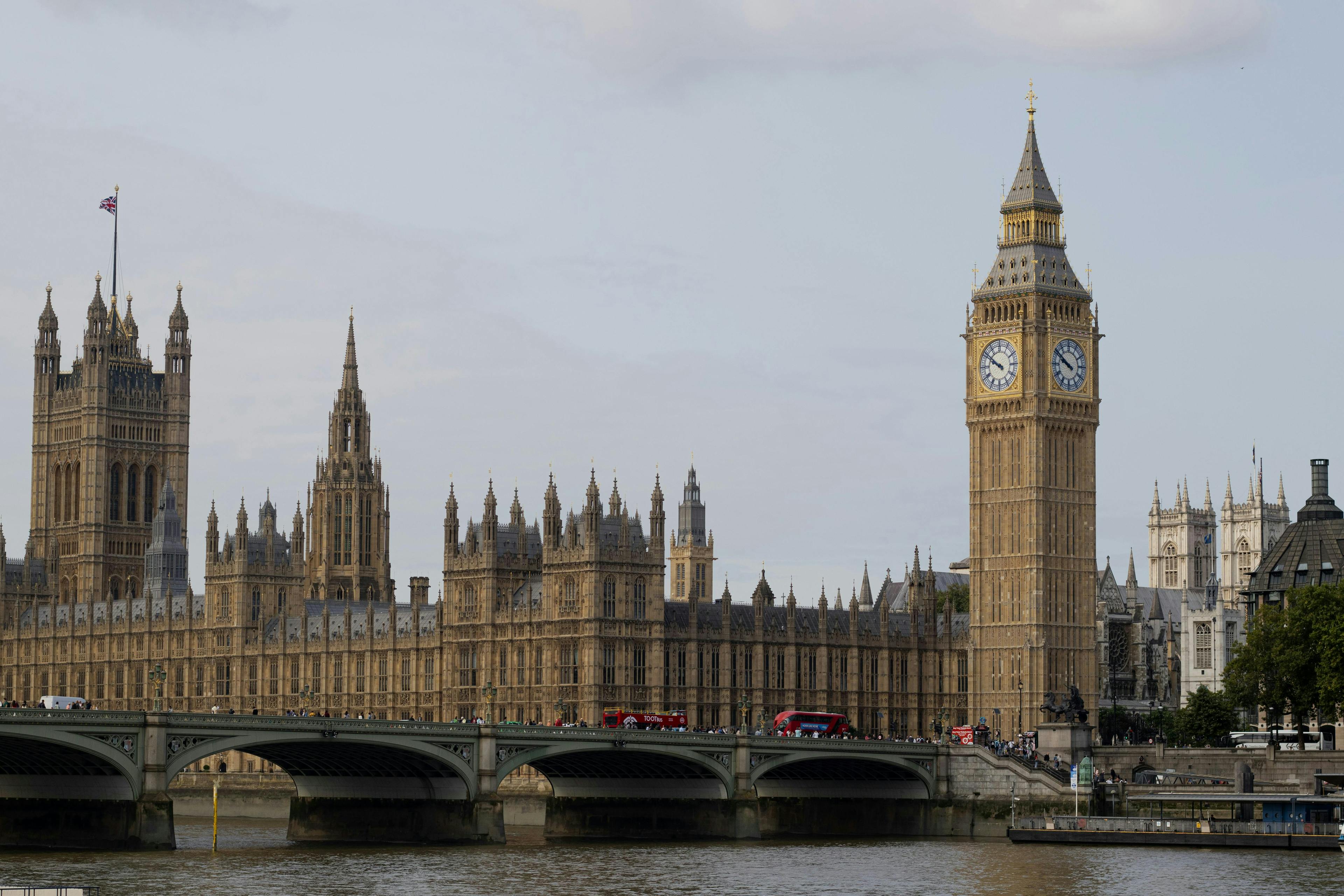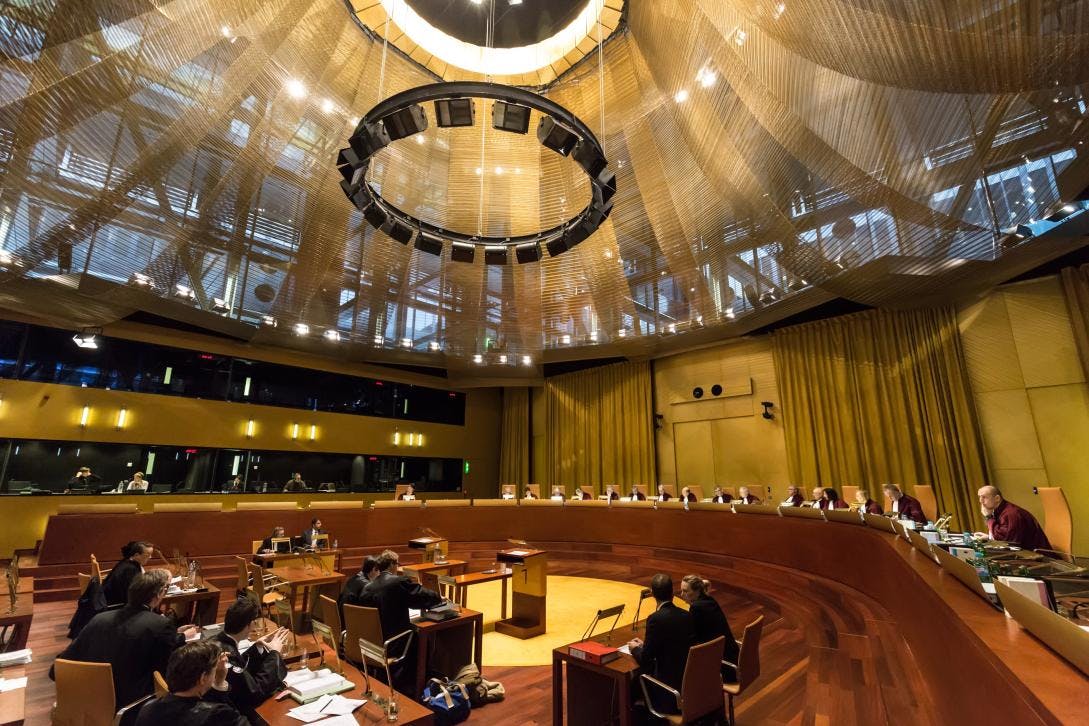Blog
I created this space to explore and share valuable insights into the complex world of law. Here, you'll find articles on legal developments, case analyses, practical advice, and commentary.
I created this space to explore and share valuable insights into the complex world of law. Here, you'll find articles on legal developments, case analyses, practical advice, and commentary.

Should we prioritize protecting life through cautious legislation, or can we responsibly allow the right to choose death while addressing these critical issues? The debate centers on whether legalizing assisted dying genuinely supports individual autonomy or exposes vulnerable groups to risks of coercion, inadequate support, and medical uncertainties.

Laws, enforceable by courts, differ from flexible conventions guiding officials; some see them as a spectrum reflecting evolving constitutional values.

Does consenting to sex without HIV disclosure imply acceptance of potential harm? Examining R v Dica and human rights perspectives, this analysis questions whether consent to unprotected intercourse equates to consent to the risk of HIV transmission.

Should consensual sadomasochistic acts be criminalized while practices like tattooing and surgery remain legal? This analysis examines the tension between individual autonomy and public interest, drawing on the Offences Against the Person Act 1861, the Wolfenden Report, and human rights frameworks.

How did R v Konzani shape the legal boundaries of consent in cases of HIV transmission? Analyze the Court of Appeal’s stance on “reasonable belief” and its impact on liability under section 20 of the Offences Against the Person Act.

Roy Jenkins criticized the use of conspiracy to corrupt public morals as an alternative to obscenity charges under the 1959 Obscene Publications Act, while Shaw v DPP influenced the 1960s legal stance on morality, especially regarding homosexuality, with figures like Raymond Gower arguing to limit its exposure to protect the public from perceived negative consequences.

The debate over legal intervention in private morality pits Sir James Stephen's support for enforced standards and Devlin’s belief in safeguarding societal morality against Mill’s and the Wolfenden Report’s arguments for individual autonomy, cautioning that Devlin’s approach risks marginalizing minorities and stifling diversity.

Criminal law, influenced by Mill's principle of limiting intervention to prevent harm to others, faces ongoing challenges in defining the scope of morality and individual freedom, especially in a pluralistic society with diverse values and beliefs.

The Shaw v DPP case fueled the Hart-Devlin debate on law’s role in enforcing morality, with Devlin arguing for common law’s authority to uphold societal standards, even in private matters like homosexuality, based on the “reasonable person” standard of public morality.

The case of Shaw v DPP illustrates the tension in criminal law between punishing socially immoral behavior, as Shaw’s conviction for conspiracy to corrupt morals shows how common law addresses actions deemed harmful to public decency despite challenges in defining immorality.

The recognition and enforcement of constitutional conventions, as seen in Attorney General v. Jonathan Cape Ltd., highlight how conventions bridge political principles and legal rights, though reliance on judicial approval for enforcement raises concerns about the broader implications for standards of conduct.

Regulatory conventions, like the Sewel Convention and Ministerial Accountability Convention, ensure government accountability within the British Constitution by guiding elected officials’ actions, anchoring political responsibility firmly in the political rather than legal domain.

The British Constitution, heavily reliant on conventions rather than legal regulations, emphasizes political accountability and democratic governance, with foundational and regulatory conventions guiding non-elected officials and elected politicians, though some argue this reliance may distort political responsibility.

The Sewel Convention exemplifies McHagg's "Declared Convention," demonstrating that declared conventions guide constitutional behavior without binding authority, as they require consistent practice over time to attain binding force, unlike laws that immediately establish valid principles.

Marshall views conventions as stabilizing political behavior and government accountability, though they may lack flexibility, requiring time and practice to adapt, unlike laws that can be reformed more readily to reflect political reality.

생각과 행동을 통해 변화와 성장을 추구하는 방법을 단계적으로 제시하는 자기계발서 <초지능> 의 5단계 성장론을 설명한다.

Web advertising’s binding intent is assessed by interpreting the website’s language and intent, with distinctions between offers and invitations to treat, especially in interactive ads, where detailed terms may imply immediate binding, though price errors and regulatory considerations like the Electronic Commerce Regulations 2002 leave room for traditional contract principles to apply.

The CJEU plays a crucial role in interpreting Treaty articles to shape EU law, as seen in cases like Van Gend en Loos and Bidar, but its interpretations can be reconsidered when the EU legislature fully harmonizes specific areas, balancing judicial authority with member state sovereignty.

The Treaty on the Functioning of the European Union (TFEU) and the Treaty on European Union (TEU), foundational to EU law, have evolved to define the Union’s structure, competencies, and enforceable citizen rights, with the Court of Justice ensuring their application through doctrines like direct effect.

The Lisbon Treaty strengthened the CJEU's jurisdiction, clarified EU law supremacy, and redefined EU structure and objectives, shifting the Union's focus from primarily economic goals to broader values like peace, security, democracy, and human rights.